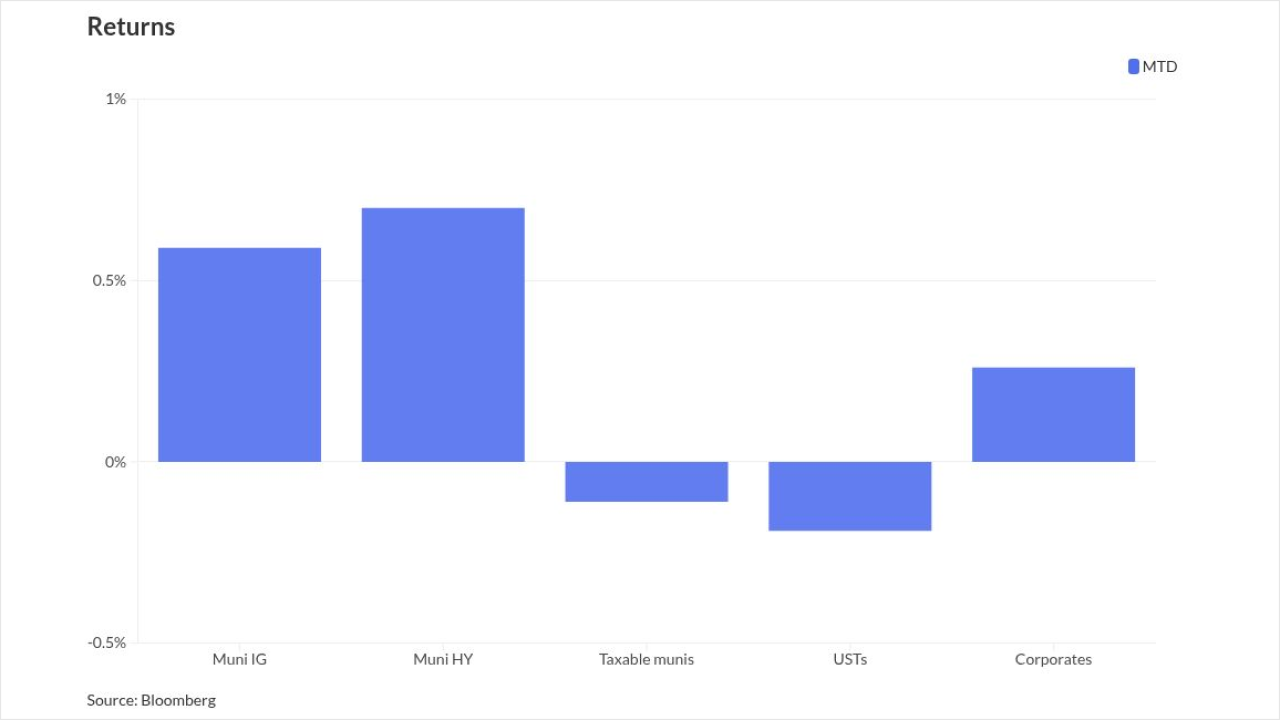
A compromise in New Orleans' conflict with the Louisiana state government about how to handle the city's drastic revenue shortfall may be near, but however that turns out, analysts are urging the city use all possible approaches.
City government leaders met with state government leaders Wednesday to negotiate. State Senate President Cameron Henry, R-Metairie, told WWL-TV after the meeting that state government officials are moving towards not requiring a state fiscal administrator to oversee the city as a condition for allowing the city to make a short term borrowing to shore up its budget. The state treasurer, attorney general and legislative auditor would ultimately decide, but Henry said he expects advisory oversight from Louisiana Legislative Auditor Mike Waguespack would be enough for the time being. A fiscal administrator would have full financial control over the city.
Moody's Ratings put the city's issuer and unlimited general obligation A3 rating on review for a downgrade Tuesday, citing the city's "very narrow financial position and weak cash management." Moody's said, "Governance is a key driver of this action, reflecting budget management practices that have materially weakened the city's cash position." The rating agency had
Moody's said city officials indicated they have "identified" sufficient resources to cover obligations through the end of the year without drawing on its $35 million rainy day fund or using a revenue anticipation note. It said its analysts would "focus on the certainty and transparency of the city's plan to fund operations through the end of the year." It would also look at the city council's efforts to create a balanced fiscal 2026 budget.
S&P Global Ratings placed the A-plus rating of New Orleans GOs on CreditWatch with negative implications Oct. 29. The action "reflects our view of a weakening financial position following a recent budget meeting where the city announced the need to issue debt to cover payroll payments and make significant operational adjustments to overcome a cash flow challenge."
The city's fiscal crunch took center stage when the New Orleans City Council
As with any local borrowing in Louisiana, such a deal would require approval from the State Bond Commission, chaired by John Fleming, the Republican state treasurer.
He suggested Tuesday afternoon that he wouldn't insist on the city getting a fiscal administrator immediately. State Attorney General Liz Murrill, also a Republican, had said last week that such an administrator would be necessary before the state would allow the city to sell a $125 million revenue anticipation note.
The debate has a partisan tint, with Republicans controlling state offices and New Orleans led by Democrats.
"If an agreement can be reached, the state's involvement will be very transparent and will continue until the New Orleans budget is stabilized. If necessary, and problems persist, an official fiscal administrator can be appointed later," Jeff Crouere, communications director for the state treasurer's office, said on Tuesday before the meeting.
The city is in transition, with a new mayor taking office in January to replace
Lester Duhe, press secretary for Murrill, on Tuesday said Mayor-elect Helena Moreno "is working with legislative leadership and the Louisiana Legislative Auditor to establish a plan that they hope would satisfy the bond commission, permit access to bridge funding and address long-term fiscal stability in New Orleans." The attorney general will not attend Wednesday's meeting because she will be out of town but is encouraging the discussions.
Henry indicated state leaders are open to allowing the city to sell the $125 million RAN if it accepts the legislative auditor's oversight.
"The City of New Orleans is a significant part of Louisiana and we don't want the … tag of a fiscal administrator with a new administration coming in," Henry said.
"We want to give them a chance … to succeed," he said. The city may come back in June or July and ask the state for a little more money and "if that's the case, we know that they're going to play very nice between now and then… Party politics aside, we're trying to help."
New Orleans has the legal right to enter Chapter 9 bankruptcy under certain conditions.
Waguespack
New Orleans Chief Administrative Officer Joseph Threat said at an emergency budget committee meeting Oct. 23 that he discovered Oct. 21 the city didn't have the money for November and December payrolls.
Republican Gov. Jeff Landry responded by saying the state should reject the RAN and instead should appoint a fiscal administrator for the city. Murrill said the state should impose the fiscal administrator on the city before the state bond commission approves a RAN.
In response to Landry and Murrill, elected city officials
Analysts following the city said its government needs to take all possible steps to address its financial problems, including steps to increase revenues and decrease expenditures.
"This is very late in the fiscal year to be able to cut enough by year end to get back to balance," said John Hallacy, president of John Hallacy Consulting LLC. "The magnitude of the cuts would just be too large. Actions to delay and defer any payments that may be treated that way will be necessary to get over year end. Some kind of cash flow relief is a must. A multi-year financial plan will be necessary.
"There probably need to be some revenue adjustments as well as budget cuts," Hallacy said. "Care must be taken not to have an outsized effect on the tourism industry. In addition to the Port of New Orleans and the petrochemical industry, tourism remains a bedrock of the economy in the city."
Muni Credit News Publisher Joseph Krist said, "the city's financial status will take a multi-year program to address. There will be no quick fixes. The new mayor[-elect] will hopefully have more credibility than recent administrations have had. If nothing else, the new mayor won't be distracted by legal troubles." A federal grand jury has indicted Cantrell for wire fraud, obstruction of justice and lying to a federal grand jury.
"If that contributes to more state support, all the better," Krist said, adding that the need for new revenue will continue even with aggressive cost cutting.
"One would like to feel that there is a plan but the other impetuous behavior by the governor does not breed a lot of confidence," Krist said. After Louisiana State University fired its football coach in late October Landry said
"One thing that prior big financial disasters have taught is that recovery is a fraught process and will likely involve state money," Krist said. "If the governor can convince the city's stakeholders to all contribute to a solution then the intervention will be fine. If it's just about control, it will play out badly given the city's economics and demographics."
John Mousseau, vice chairman and chief investment officer for Cumberland Advisors, said, "I think the city will in the end … ultimately need the administrator. Clearly they will do a lot of belt tightening. But the real work is in having a budget that's working for an economy that is slowing down.
"New Orleans feels it more than most since travel and tourism (so big for the city) is a discretionary expense which gets pulled back when times are tougher," Mousseau said.
"A further downgrade to BBB levels will boost the city's bond costs and I would think you want the administrator before that happens," Mousseau said.
As of Dec. 31, 2024, the city had $932 million in debt outstanding.
New Orleans is rated A with a negative outlook by Fitch Ratings.





